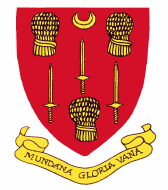
Read School offers a wealth of opportunities, both academic and extra-curricular, and supports the development of the individual pupil, instilling confidence, enthusiasm and the aspiration to be the best they can be. More than that it is a happy place where pupils can learn in a supportive, friendly environment and where every pupil has the opportunity to make a positive contribution to the Read community.
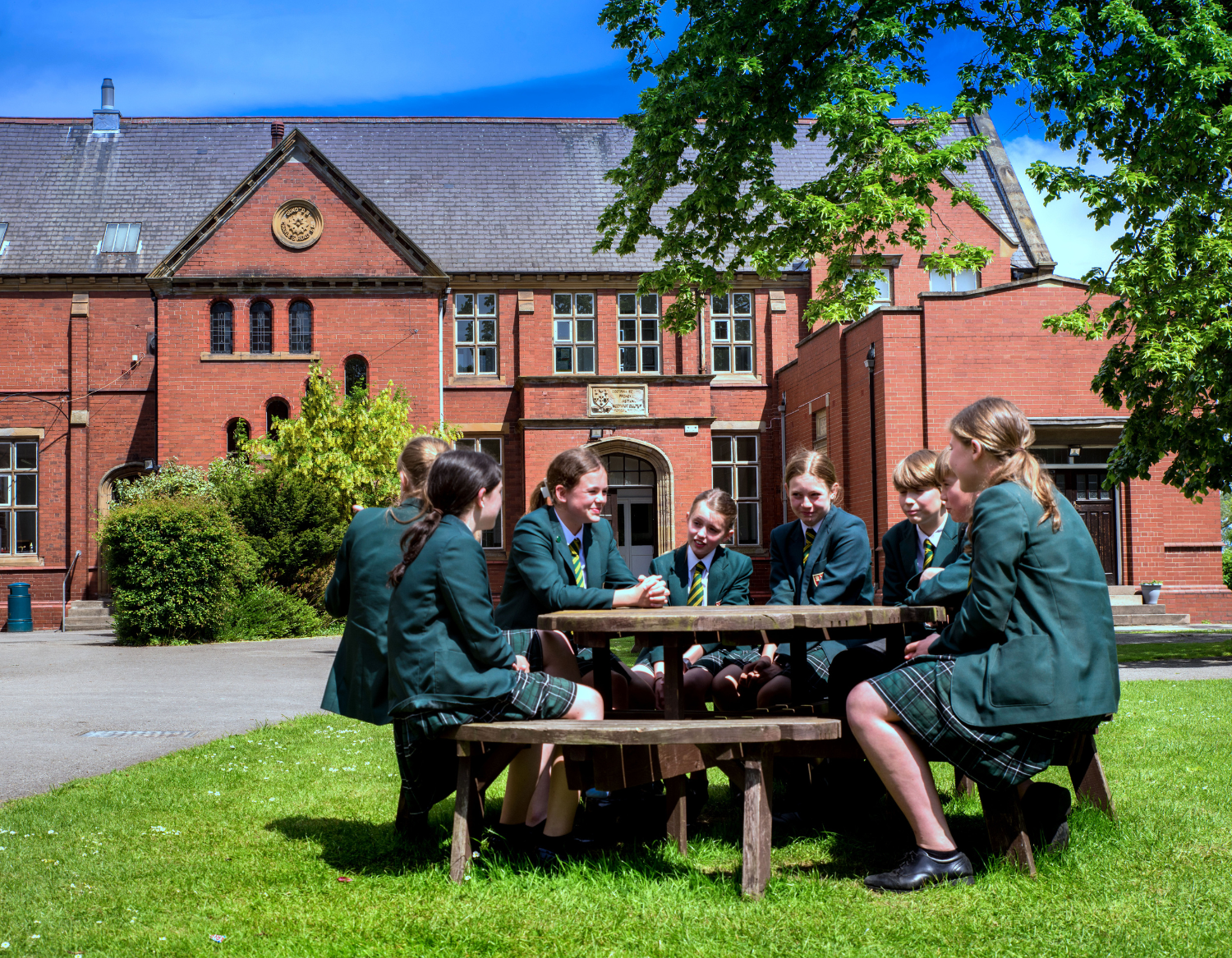
There has been a constant programme of upgrading and expansion over the last ten years with many additions and improvements to the fabric of the school including the Shipley building, now housing the Pre-Prep School; refurbished and modernised science laboratories and library; Creative Arts Centre for teaching Art, Design Technology, Graphics and Food and a stunning upgraded Sports Hall. In 2017, in commemoration of the School’s 350th anniversary, the MUGA Astroturf pitch was completely refurbished and replaced and the Saddler Music Centre was opened for the teaching of music in the school. In 2018 investment was made in a new IT system and conversion of the former Head’s house into offices and a historical archives display.
The guiding values at Read School are those of fair-mindedness, hard work, enjoyment and treating others with proper respect and consideration. We also attach great importance to manners, good discipline, service to others and to caring for the School and external environment. We value both effort and achievement and we encourage every positive contribution that a pupil makes to the life of the Read School community.
To succeed academically, as in all aspects of school life, pupils need to be known as individuals. They need to know that nothing but their best is expected from them, whatever that might be. The result is strong exam performance, but more importantly, a desire to learn.
At Read School, we believe that all pupils should be able to access all areas of the curriculum and we provide a balanced, well-focused and wide-ranging programme of study which both challenges and encourages our pupils to be responsible for their own learning.
All pupils follow a broad-based curriculum during the first three years of the Senior School. There are two small form groups in each year group, who are taught together for most of their lessons. Each class is in the care of a Form Tutor, who is the first point of contact between the school and parents. About half of the pupils coming into Year 7 are new to the school and about half come from our Prep School.
It is recognised that not all pupils require the same programme in school. Adjustments to the timetable can be made for boys and girls who are gifted, dyslexic or who have other special needs, or for those whose first language is not English.
‘ The quality of the pupils’ personal development is excellent ..pupils display high levels of self-confidence, self-understanding and maturity for their age’
ISI inspection, March 2018
We aim to create a community with a family feel and nurturing atmosphere, in which each pupil is recognised and valued as an individual, develops self-respect and is able to develop meaningful and caring relationships with others. High expectations and standards are asked of each member of the community and this allows a friendly and relaxed atmosphere to pervade the school
The Deputy Head oversees the pupils’ welfare arrangements in conjunction with the Director of Inclusive Learning. All members of staff share concern for each pupil’s welfare and well-being. Every pupil belongs to a form group headed by a form tutor who takes a special interest in the development of the pupils in their care. In addition, house staff are also closely involved in monitoring and supporting the personal and academic development of the boarding pupils. The school is proud that a new pupil does not remain new for long and is soon known as an individual who is closely monitored to ensure they achieve their full potential.
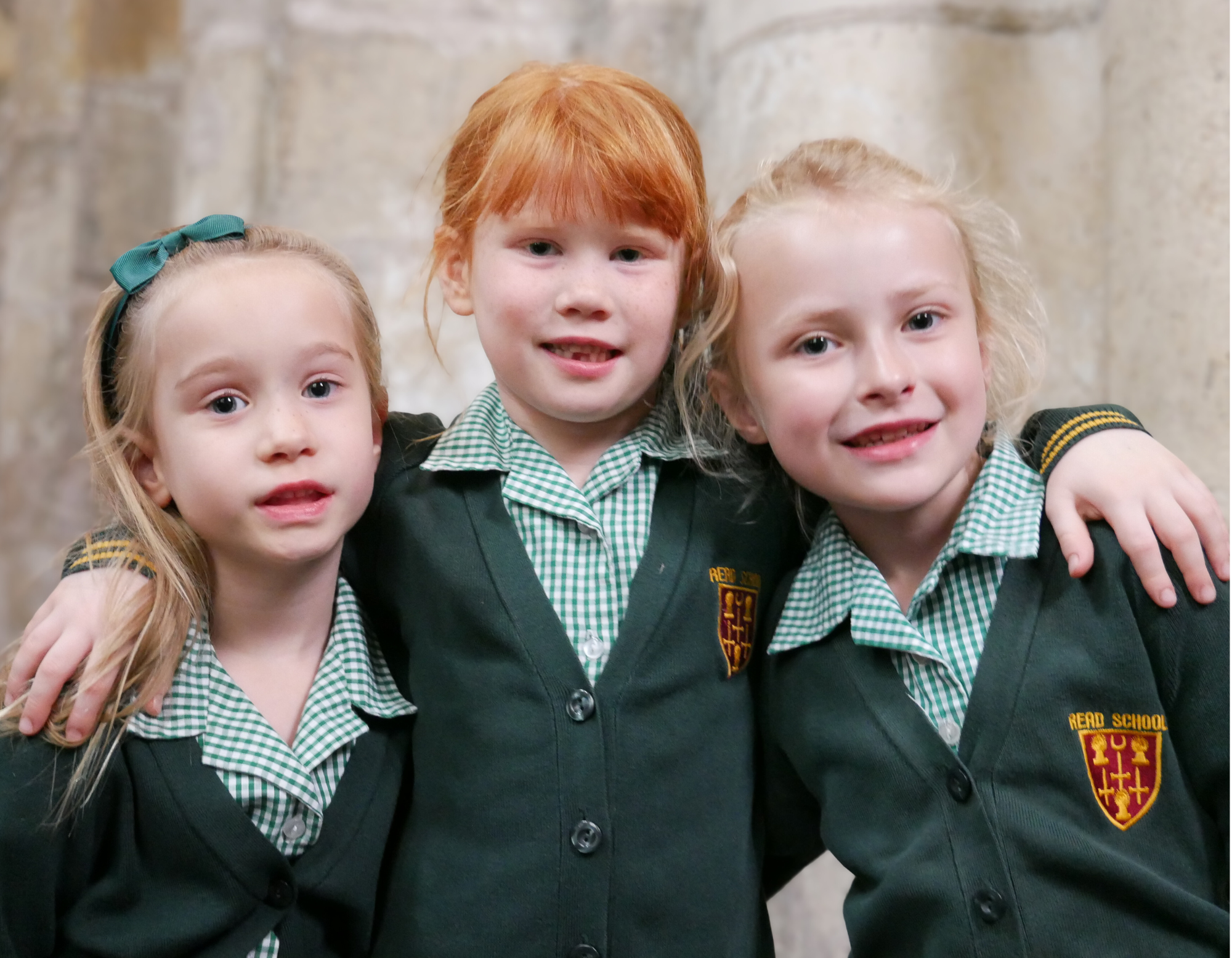
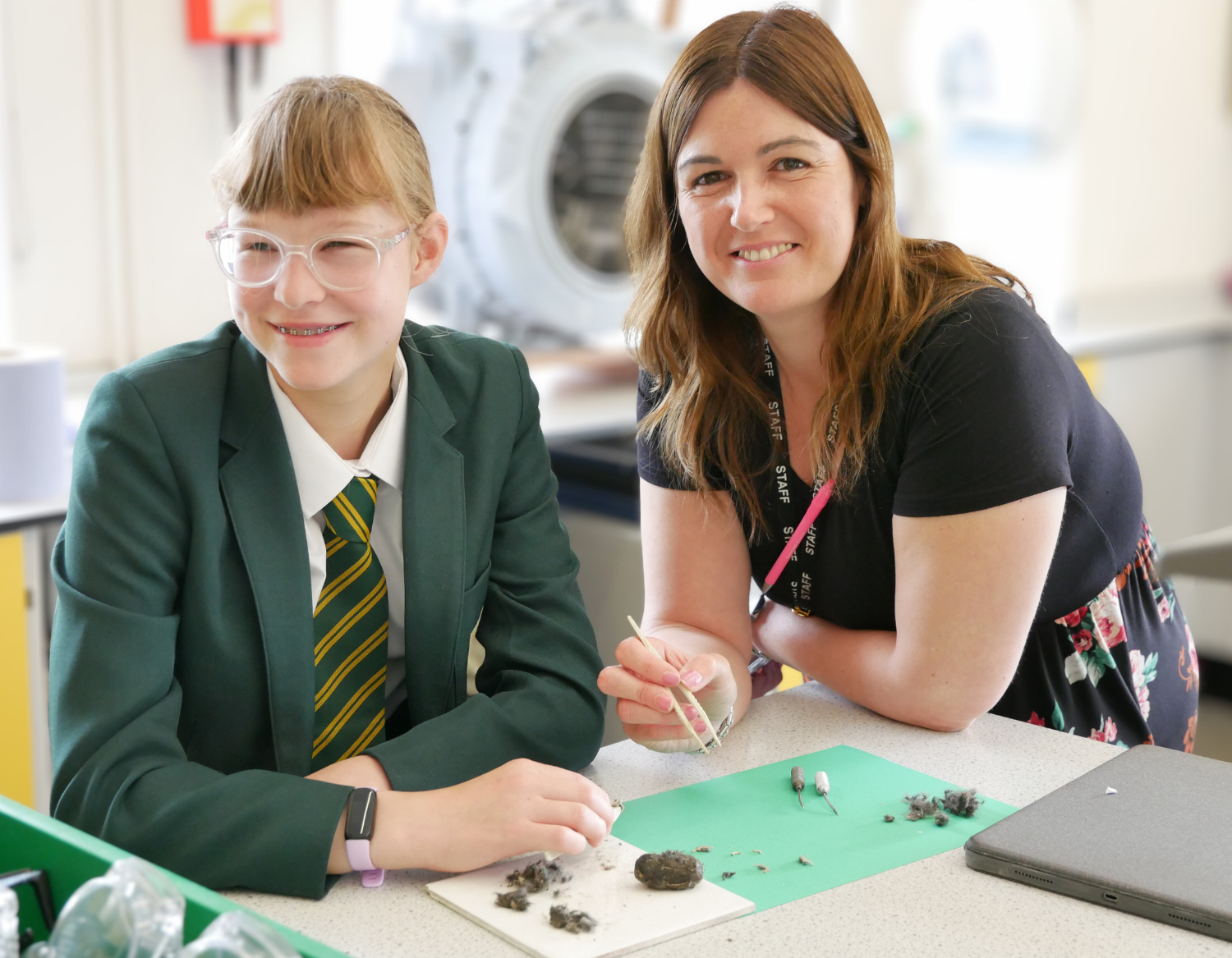
The school uses a combination of both rewards and sanctions to maintain standards and encourage positive behaviour coupled with a deep understanding that young people make mistakes from which they can learn. There is an ethos that expects no pupil, through their behaviour, to negatively affect the learning of others.
Time is spent ensuring that a pupil who has transgressed, understands where they have gone wrong and great emphasis is placed on putting things right as a way of resolving issues. Development of self-discipline and self-awareness are key aims of the pastoral system. Co-operation is encouraged as a way to solve disputes rather than allowing conflict to develop.
Pastoral meetings are held on a regular basis with the emphasis being placed on the personal and academic welfare of pupils. The meetings allow action plans to be created to help individual pupils to improve their performance or overcome difficulties. Support can be put in place to help resolve personal difficulties that might be arising and the school has excellent relationships with local youth services to which pupils can be signposted if needed. The school also employs a qualified counsellor available to both boarding and day pupils.
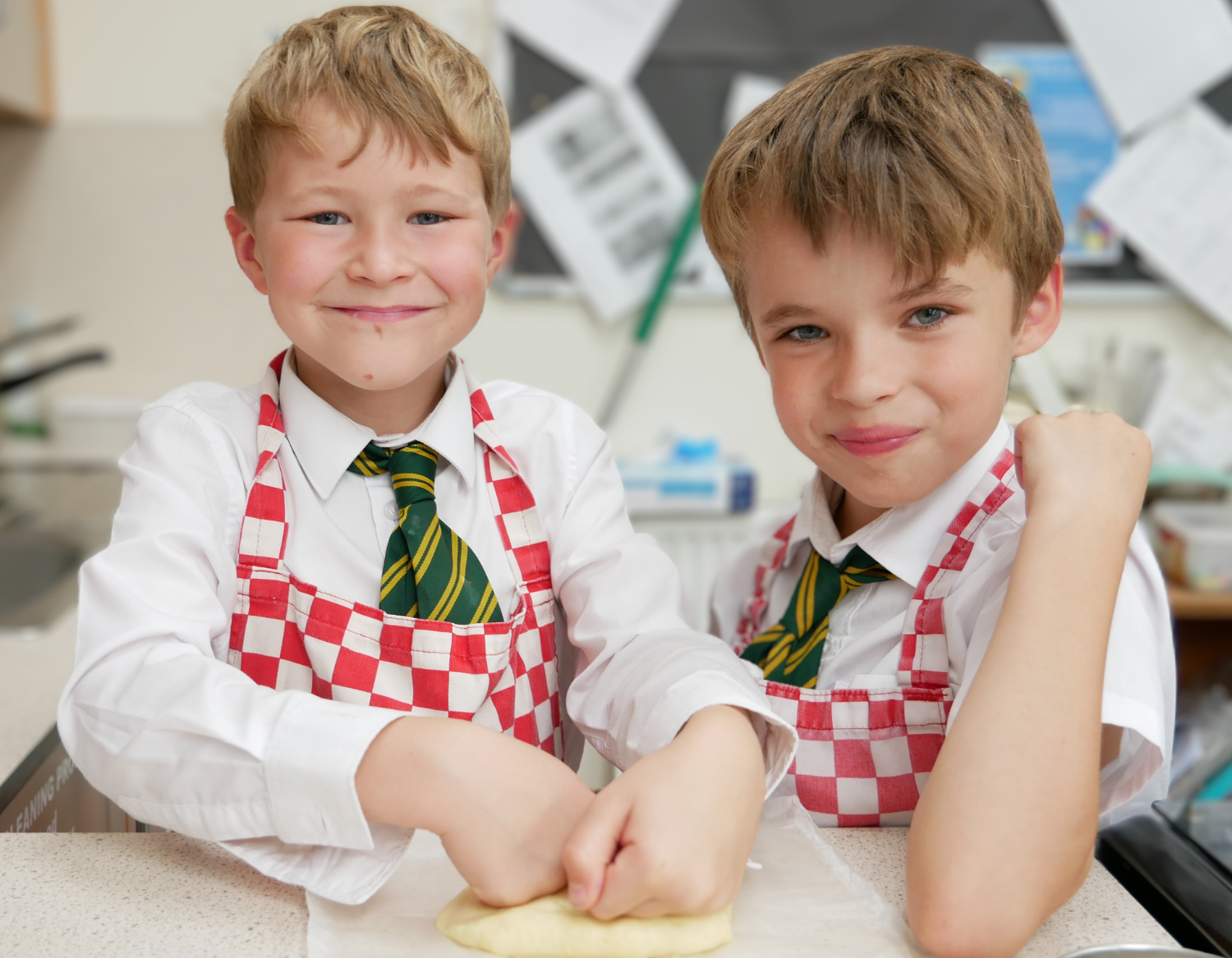
Medical
Medical issues are dealt with by a well-equipped First Aid Centre and appropriately qualified staff. This facility serves both our day and boarding pupils. Boarders are registered with the local surgery in Selby from whom advice and medical oversight is given.
The school values openness and will contact parents/guardians over any concerns. This is not a one-way process and conversely, contact from parents who wish to communicate concerns is encouraged and welcomed.
Inclusive Learning
Many parents, grandparents and guardians choose Read School because of our commitment to helping all the children in our care to fulfil their potential.
We believe that well-targeted support can go a long way towards meeting this wide-ranging objective. Each child is respected and valued as important in the school, and for the contribution they can make now and in the future within the wider community. Our pupils have a wide range of abilities and skills; we aim to develop the particular gifts they possess, whilst providing a broad, balanced and relevant curriculum to aid them in their future career and life.
The Inclusive Learning Department (ILD) exists to enable all children in the school to achieve the above objectives. We understand that many children require a little extra input for a wide variety of reasons; often for a short period of time to deal with specific issues and sometimes for an extended period to help children access the wider curriculum successfully.
Pupils we support include those with:
• Developmental delay
• Specific learning difficulties (e.g. dyslexia, dyspraxia, dysgraphia, dyscalculia & Asperger’s syndrome)
• General learning difficulties
• Communication problems
• Emotional and social difficulties
• Speech and language difficulties
• Physical disabilities
• Gifted and talented requirements
• Sensory, physical or medical conditions
• LEA statement identifying special needs
• Gaps in knowledge for various reasons
Our recent ISI inspection noted that ‘all groups of pupils, including those with SEND or EAL achieve well and make good progress, relative to their starting points.’
The school educates all pupils alongside their peers within the normal curriculum wherever possible, as we strongly believe in an inclusive approach. We recognise, however, that some specialist provision outside the classroom will raise self-esteem, help our children succeed in the classroom, and improve results in their final examinations. The following support is put in place after due process according to need and agreement:
• Classroom support to increase curriculum access and pupil achievement
• Differentiated work according to need
• Small group tuition to raise attainment in any area required
• Individual tuition to raise attainment in important areas
• Counselling as part of our pastoral responsibilities
We use provision mapping to provide all pupils on the ILD register with appropriate support, to help maximise access to the school curriculum, and we provide individual action plans to use with pupils in need of more intensive help.
We believe successful education and pastoral care is dependent on active and positive dialogue between parents, pupils and teachers. We are happy to discuss any educational or pastoral issue with parents or guardians of pupils at the school and welcome the opportunity to talk to prospective parents about what our school can offer your child.
EAL (English as an Additional Language)
We currently have around 10 pupils working towards GCSE and A Level qualifications in their ‘additional language’, which is English. Some of our pupils join us when still quite young however the majority of pupils join us much later, in Years 9 or 10, and several go straight into the Sixth Form. In recent years we have had pupils come to us from Hong Kong, mainland China, Vietnam, Germany, Thailand, Macau, Japan, Malaysia, Korea, Ukraine, Spain, Portugal, Kazakhstan and Russia.
The EAL (English as an Additional Language) team supports our overseas pupils by providing lessons in the English Language and support in other subjects.
Younger pupils adapt very well and will have extra EAL lessons wherever possible.
Year 10 EAL pupils are entered for the PET (Preliminary English Test) Cambridge examination, and Year 11 pupils work towards the Cambridge First Certificate exam.
Both these examinations test pupils’ speaking, listening, reading and writing.
Upper Sixth Form students generally take the IELTS (International English Language Testing System) test, which is needed for entrance not only into British universities, but into overseas universities also.
The EAL department offers support socially as well as academically. Outings are arranged, the highlight of which is a meal at a local restaurant to celebrate the Chinese New Year!
Every overseas pupil is welcomed and the added dimension they bring to the life of the school is much appreciated.
Careers Guidance
Read School views its role as preparing pupils for the workplace and our Careers Education and Guidance programme helps our pupils develop knowledge and skills that will enable them to achieve their potential in learning and work throughout their lives.
A careers programme runs from Year 7 to Year 11 and is delivered through the PSHE programme. The programme is designed to help our pupils understand themselves and the influences on them, investigate Career and Learning Opportunities, and to make and adjust Action Plans to manage change and transition.
The careers programme continues in Years 10 and 11 during which time action planning and making choices for the future becomes the emphasis. During Year 10 and 11 pupils will have the opportunity to receive independent careers advice from the local North Yorkshire careers advisor. They also have interviews with the Head and the Deputy Head as well as making use of the Morrisby online careers program.
A careers fair is held annually with 40+ local companies from a range of local industries welcomed to the school to talk to pupils about the careers paths open to them.
During the Sixth Form most of the Lower Sixth will complete a Morrisby survey that helps them focus on suitable University courses. There are also visits to the school from relevant experts who may talk to the Lower Sixth and/or their parents. Topics include university funding and UCAS. There is also the opportunity to seek advice from North Yorkshire careers service. Plenty of individualised support throughout the Higher Education application process is offered by academic departments, sixth form tutors and the Head of Sixth Form. Pupils applying to the professions of Medicine, Veterinary Science or Law, or making applications to Oxford or Cambridge are individually mentored and supported through the process.






